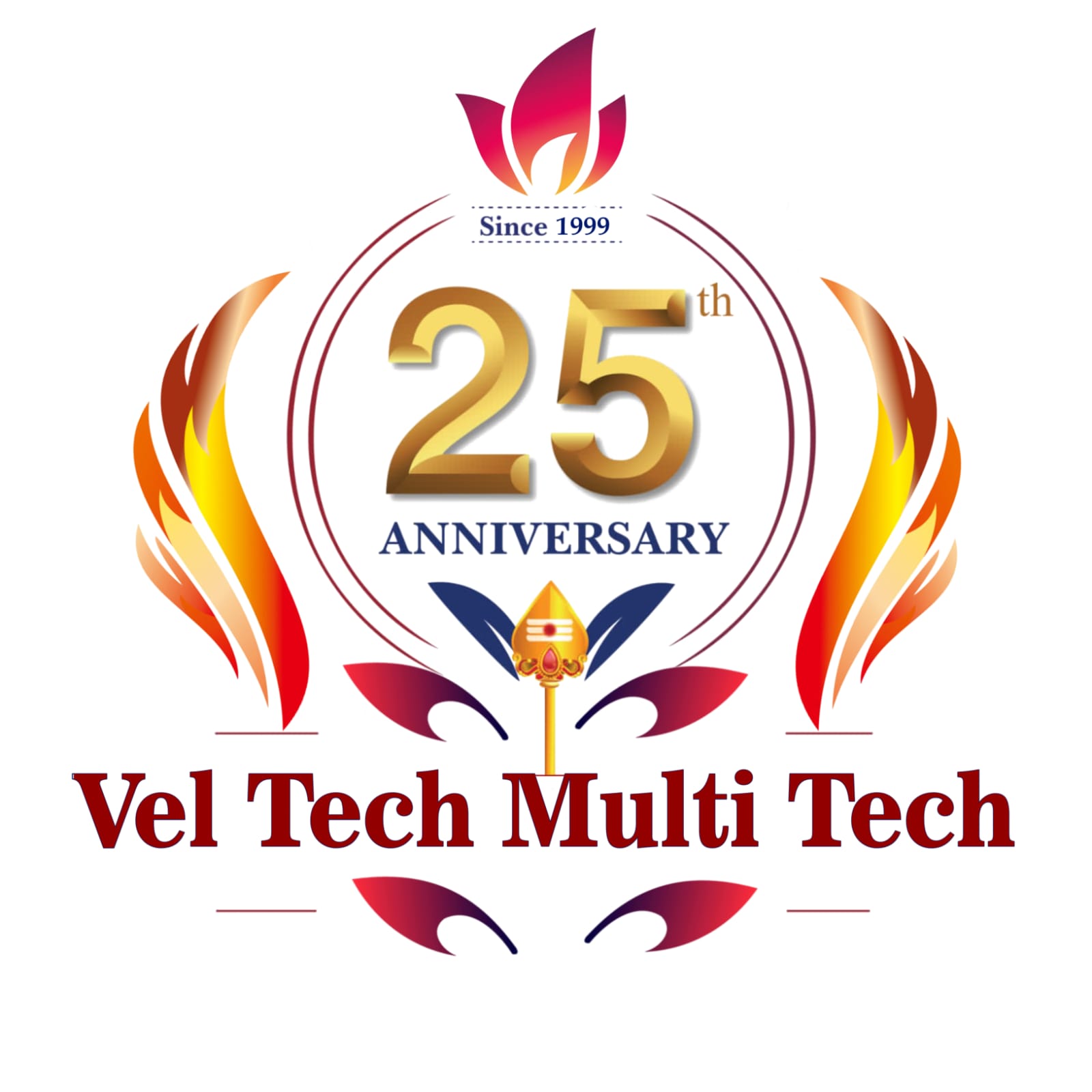Computer Science and Business Systems
ABOUT THE DEPARTMENT
The Department of Computer Science and Business Systems is established in the year 2020 with excellence in imparting quality education to the students. The Department provides well equipped laboratories and multi-model teaching facilities. The Department has highly qualified faculty members to transform young aspirants to become a Data Analyst in Business in the due Course.
VISION OF THE DEPARTMENT
- To impart world class quality education in the field of Business Systems with computer orientation through sustained research and produce technical manpower with good managerial behaviour to compete the global standards
MISSION OF THE DEPARTMENT
- To provide effective teaching & learning in the field of business systems and to promote innovative thinking for design and development of business products to fulfil the global demands and standards
- To impart practical exposure by practice with recent trends in industry and to provide an opportunity to develop software products for inter-disciplinary business problems
- To provide value based Technical education for empowering graduates through lifelong learning and socially responsible.
PROGRAMME SPECIFIC OUTCOMES
PSO1: To exhibit the theoretical knowledge in business aspect of Computer Science to Solve, analyze, evaluate, design and develop Engineering solutions to solve real time problems
PSO2: To understand the core competencies obtained in the respective field and develop software systems for varying complexity multi-disciplinary problems
PSO3: To impart knowledge in the field of business intelligence and to develop software solutions for large volume of data in a secured manner
PROGRAMME OUTCOMES(POS)
| PO’s | PROGRAMME OUTCOMES |
| PO1 | Engineering Knowledge: Apply the knowledge of mathematics, science, engineering fundamentals and an engineering specialization to the solution of complex engineering problems. |
| PO2 | Problem Analysis: Identify, formulate, review research literature, and analyze complex engineering problems reaching substantiated conclusions using first principles of mathematics, natural sciences, and engineering sciences. |
| PO3 | Design / Development of solutions: Design solutions for complex engineering problems and design system components or processes that meet the specified needs with appropriate consideration for the public health and safety, and the cultural, societal, and environmental considerations. |
| PO4 | Conduct investigations of complex problems: Use research-based knowledge and research methods including design of experiments, analysis and interpretation of data, and synthesis of the information to provide valid conclusions. |
| PO5 | Modern tool usage: Create, select, and apply appropriate techniques, resources, and modern engineering and IT tools including prediction and modeling to complex engineering activities with an understanding of the limitations. |
| PO6 | The engineer and society: Apply reasoning informed by the contextual knowledge to assess societal, health, safety, legal and cultural issues and the consequent responsibilities relevant to the professional engineering practice. |
| PO7 | Environment and sustainability: Understand the impact of the professional engineering solutions in societal and environmental contexts, and demonstrate the knowledge of, and need for sustainable development. |
| PO8 | Ethics: Apply ethical principles and commit to professional ethics and responsibilities and norms of the engineering practice. |
| PO9 | Individual and team work: Function effectively as an individual and as a member or leader in diverse teams, and in multidisciplinary settings. |
| PO10 | Communication: Communicate effectively on complex engineering activities with the engineering community and with society at large, such as, being able to comprehend and write effective reports and design documentation, make effective presentations, and give and receive clear instructions. |
| PO11 | Project management and finance: Demonstrate knowledge and understanding of the engineering management principles and apply these to one’s own work, as a member and leader in a team, to manage projects and in multidisciplinary environments. |
| PO12 | Life-long learning: Recognize the need for and have the preparation and ability to engage in independent and lifelong learning in the broadest context of technological change. |
PROGRAMME EDUCATIONAL OBJECTIVES
PEO1: To equip the Graduates with the potential of strong knowledge in Computer and Business Studies and to create innovative multidisciplinary solutions for challenges in the society
PEO2: To develop the Engineers to identify and analyse business related real time challenges and to create software systems with varied levels of complexity for data intensive applications
PEO3: To practice the professionalism with good ethical standard and inspiring leadership skills and updating the knowledge through continuous learning
FACULTY PROFILE
Academics
| Year | Pattern | Assessment per Semester |
|---|---|---|
| First Year | General Engineering Subjects | Two Continous Assessments, Assignments & End Semester Examination |
| Second Year | Level-1 Core Subjects | Two Continous Assessments, Assignments,Industrial Training & End Semester Examination |
| Third Year | Level-2 Core Subjects,Professional Electives & Mini Projects | Two Continous Assessments, Assignments,Industrial Training, Internship & End Semester Examination |
| final Year | Advanced Core Subjects, Professional- Open Electives & Main Project | Two Continous Assessments, Assignments, Internship-II,Main Project & End Semester Examination |


